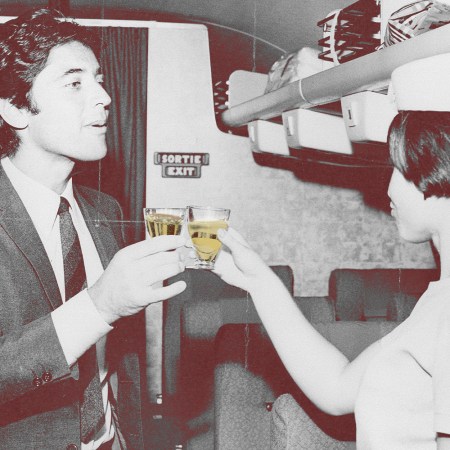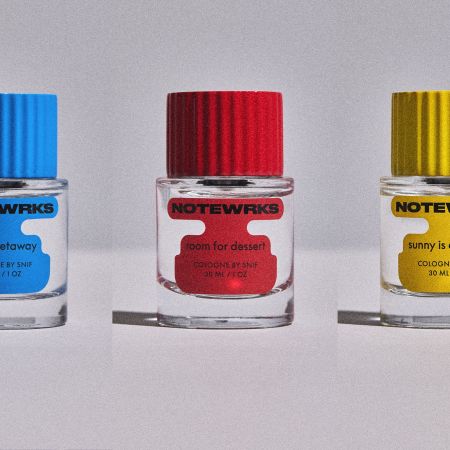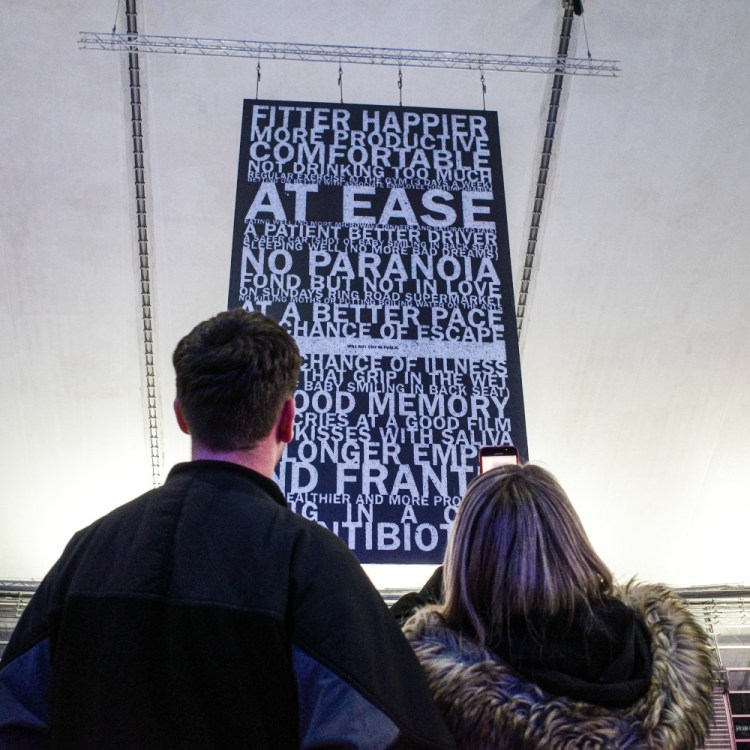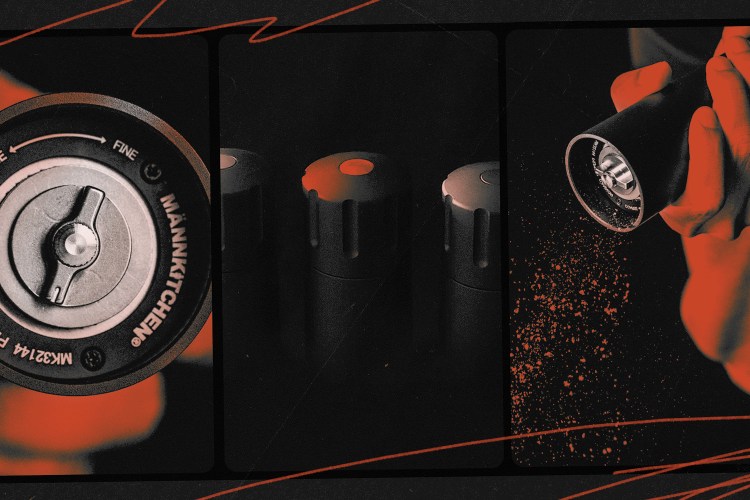There are, of course, a number of factors that go into what kinds of music we prefer — age, culture, what we grew up hearing blaring from our parents’ speakers — but according to a new study, personality type may play a key role in determining which genres we tend to gravitate towards.
As the Washington Post reports, participants in a study by David M. Greenberg, a researcher at Bar-Ilan University and the University of Cambridge, rated the personality traits of various musical artists using a model dubbed “the Big 5.” Those Big 5 traits were openness, conscientiousness, extraversion, agreeableness and neuroticism. Participants found that David Bowie displayed high openness and neuroticism, while Marvin Gaye displayed high agreeableness. And as you might have guessed, the study found that people tended to prefer the artists they thought displayed personality traits similar to their own.
“The match between the [personality of the] listener and the artist was predictive of the musical preferences for the artist beyond just the attributes from the music,” Greenberg told the Post.
But our personalities reveal more about our musical tastes than just preferences for certain artists. Greenberg’s study found that despite sociocultural differences, participants’ personality types consistently correlated with their preference for certain genres of Western music. Extroverts had a tendency to prefer upbeat contemporary music, and while those who displayed openness were more likely to prefer “sophisticated or cerebral styles.”
Greenberg’s work also distinguishes between systemizers (people who are more interested in rules and systems) and empathizers (people who are more concerned with thoughts and emotions). “Empathizers tend to prefer sadness in music whereas [systemizers] prefer more intensity in music,” he said. “A lot of IT [and] data science professionals [are] high on systemizing and also prefer really intense music.”
Greenberg also found that “both empathizers and systemizers listen to music with high depth, but empathizers prefer attributes that represent emotional depth, and systemizers prefer attributes that represent intellectual depth and technical complexity.”
But that doesn’t mean our taste in music doesn’t change over time. As the Post notes, research shows that people tend to be most interested in music between ages 10 and 30, with a peak at 14 — which probably explains why we’re all so nostalgic for the music from our adolescence.
Thanks for reading InsideHook. Sign up for our daily newsletter and be in the know.


















